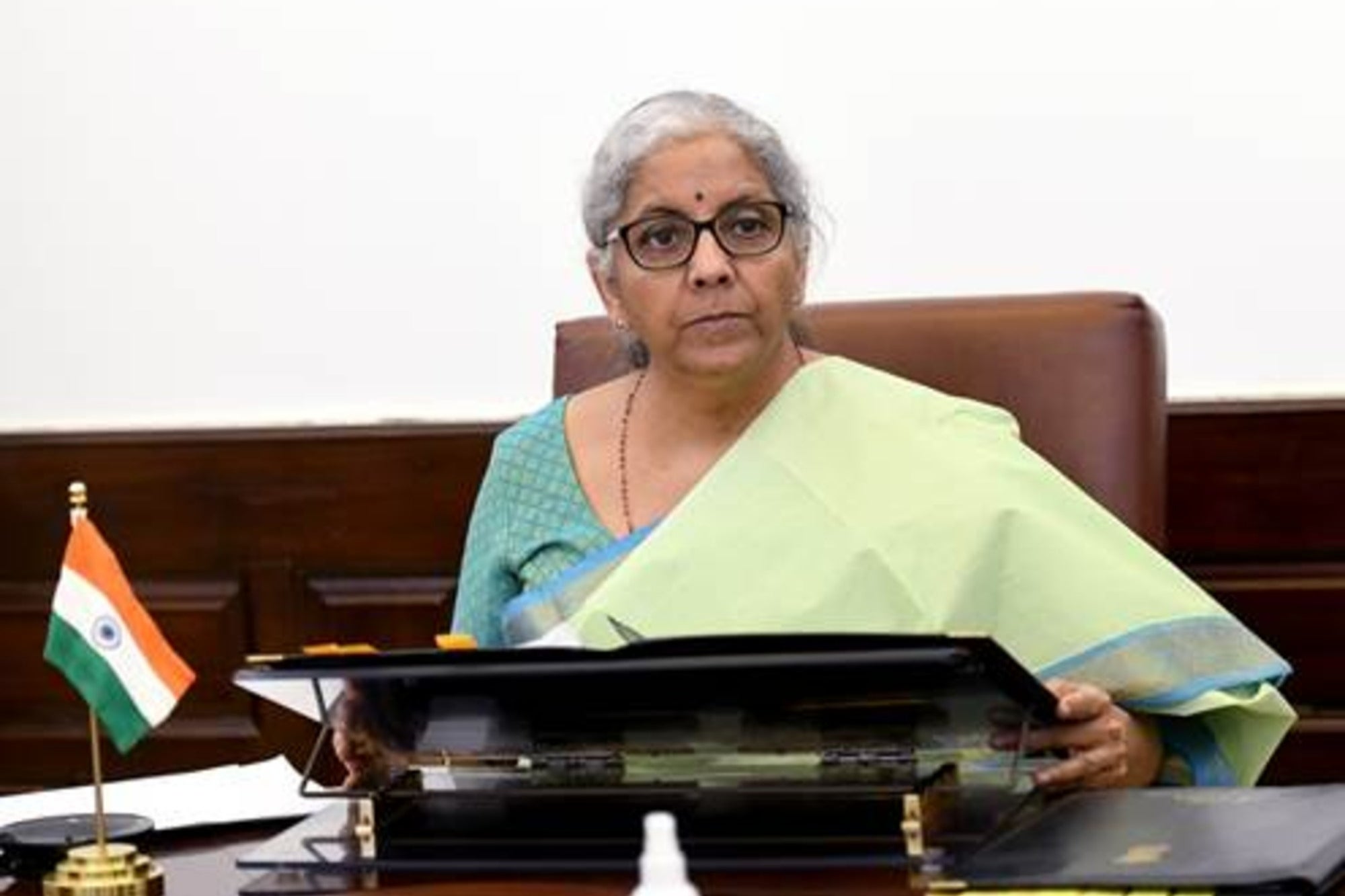India Inc. Charges Towards Sustainable Change With EV Push With favourable economics, rapid EV sales growth, and a robust ecosystem comprising power utilities, EV manufacturers, battery producers, and charging infrastructure, India Inc. has all the necessary tools to propel itself as a leader in clean energy mobility
By Rahul Mathur
Opinions expressed by Entrepreneur contributors are their own.
You're reading Entrepreneur India, an international franchise of Entrepreneur Media.

Electric Vehicles (EVs) are propelling us into a new era of emission-free mobility with companies worldwide swiftly embracing the EV revolution to shrink their carbon footprint.
Amidst concerns over air pollution and climate change, India Inc. finds itself in the spotlight. With its proactive embrace of EVs, India is poised to lead the charge towards meaningful change for domestic and foreign players alike. India's EV sector is poised to skyrocket to an estimate of USD 113.99 billion by 2029, boasting an impressive 66.52 per cent Compound Annual Growth Rate (CAGR).
These projections indicate that by 2030, approximately 40 per cent of all vehicles in India could be EVs. However, sustaining this trajectory presents a formidable challenge for India Inc. due to the existing limitations of EV infrastructure.
From a macro perspective, there are four important pillars of EV infrastructure- Power generation, EV Original Equipment Manufacturers (OEMs), battery manufacturing, and charging infrastructure. Among these, India has already excelled in power generation, with several highly efficient organizations working to support the growing demand.
India's EV sector is poised to skyrocket to an estimate of $113.99 billion by 2029
However, India requires an astute focus on manufacturing vital components of EVs. Consider battery manufacturing, despite several major firms already making significant investments in building end-to-end battery manufacturing capabilities, India still struggles to become completely self-sufficient in this space.
The charging infrastructure is another major hurdle in the country, which despite the meteoric rise in demand, is still only at 1/20th of China and 1/10th of USA in terms of availability and density. Lack of standardization of charging points in the country could also pose a significant challenge in the long run if kept unchecked. For EV OEMs to achieve self-sustainability across the value chain, comprehensive support is essential from both the government and suppliers in all stages.
In the current scenario, Indian OEMs are highly dependent on importing skills required for battery manufacturing and R&D. The Government can support the industry by introducing a dedicated visa category for incentivizing highly skilled workers. Streamlining the visa process and offering tax incentives to workers skilled in the EV sector will allow the country to tap a global talent pool.
As for the Indian government, it has spearheaded EV manufacturing initiatives like FAME and EMPS, showing commitment to a greener future. Additionally, it is also pushing for efforts such as Green Credits to globally incentivize reduced environmental impact. However, further incentives are needed to bolster the development of the EV ecosystem. For instance, the government could provide tax benefits and grants across the value chain to OEMs, battery manufacturers, and other stakeholders.
With favourable economics, rapid EV sales growth, and a robust ecosystem comprising power utilities, EV manufacturers, battery producers, and charging infrastructure, India Inc. has all the necessary tools to propel itself as a leader in clean energy mobility. The collaborative efforts of policymakers, industry leaders, and consumers will pave the way for a greener, more efficient mobility solutions, not only benefiting India but also making a significant impact on the global stage.










